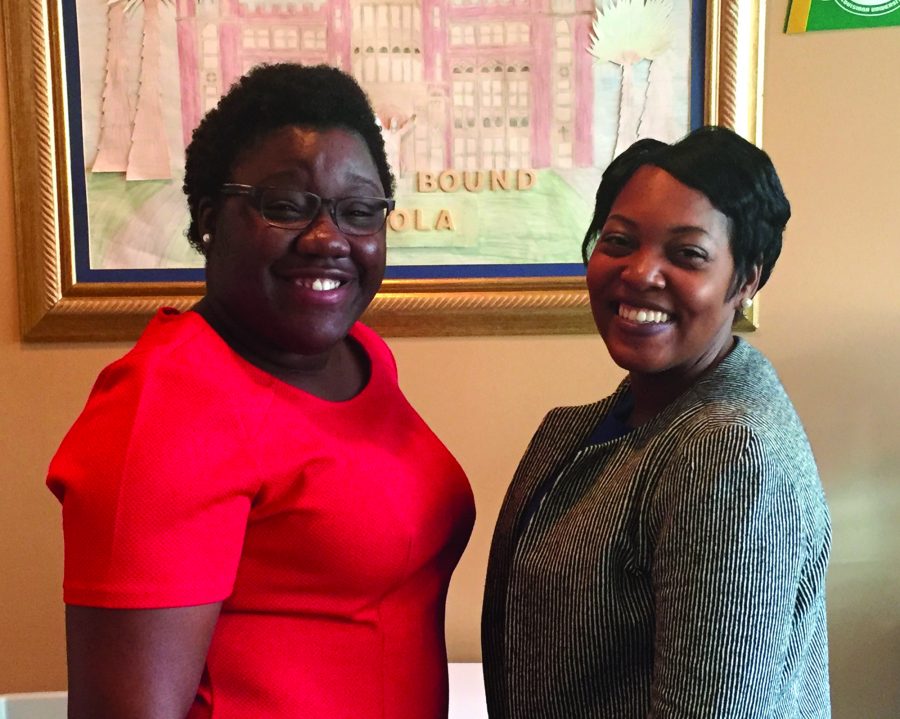Over the last five years, the United States Department of Education has awarded the Upward Bound program at Loyola a total of $2,170,757.
Upward Bound works with low-income students from four West Bank high schools to prepare them for the transition to and graduation from college.
To be eligible for the program, students must be first-generation college students, and their family’s income must be below the poverty line.
Veronica Carter, the program’s director, hopes to use this extraordinary amount of money to grow Upward Bound and to improve the college graduation rates of students who come out of the program.
“Our goal is not high school graduation but college graduation,” Carter said.
Whittney Smith, one example of the program, participated in 2006, graduated from Loyola in 2012 and now works as program services coordinator for Upward Bound.
“Having gone through the process and then transitioning to Loyola as a college student, I was able to assimilate to college life very easily with the help of Upward Bound,” Smith said. “Had it not been for the program, I would not be in college. Once Upward Bound became a reality, so did college.”
She wants to use her experience in the program to inspire other students.
“I want to give other kids the mentality that you are not a product of where you come from,” Smith said.
Upward Bound currently serves 93 students, from age fourteen until they graduate from college. Once enrolled in the program, they are given a 10-year commitment to serve them throughout college and keep track in the first few years following graduation.
She added that the program has a 6-year graduation rate of 44 percent from college, which is much higher than the state of Louisiana.
“The program really impacts the community because it raises a generation of economic wealth. This program literally shapes lives. We make a 10-year commitment to that student,” Carter said.
Arlexia Metoyer, Assistant Director for Upward Bound, hopes to provide a well-rounded preparation for the students.
“Future-wise, I want them to be as prepared as possible, not only from an academic standpoint but I want them to be emotionally capable of handling life as an adult,” Metoyer said.







